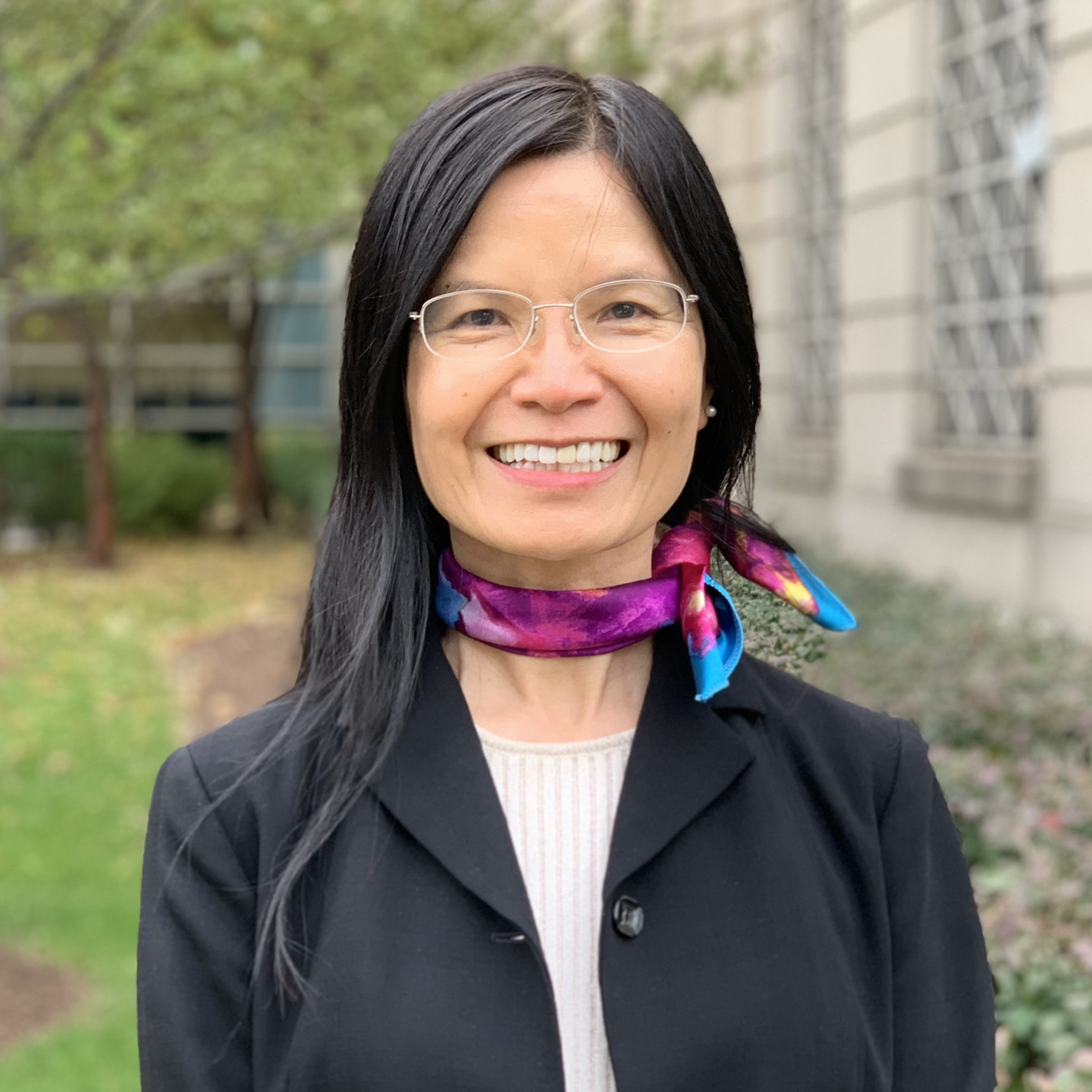Countries such as China are using multiple means, including talent development and recruitment, investment and internal policies, to stimulate domestic research and development, promote scientific progress, and drive technological innovation. We document the role of legal, illegal, and extra-legal mechanisms used by such countries for these purposes. The research involves analysis of budgets, investment patterns, patent trends, talent recruitment, and other potential indicators using official Chinese and other country documents and other open-source, native-language resources.

Peer Watch
Recent Publications
Recent Blog Articles
Our People
Related News
Dewey Murdick and William Hannas shared their expert analysis in an op-ed published by The National Interest. In their piece, they discussed China's approach to artificial intelligence and the lessons it offers to American policymakers.
In an article published by WIRED exploring China's advancement in BCI technology, CSET's William Hannas offered his expert insight.
William Hannas, Lead Analyst at CSET, provided expert insights in a Newsweek article discussing China's development of "Supermind," a new AI-based intelligence platform.
In The News
The world’s week on AI safety: powerful computing efforts launched to boost research
November 3, 2023
In a recent Nature article, CSET's Helen Toner lends her expertise to the discussion on groundbreaking developments in governmental oversight of artificial intelligence (AI) in the United States and the United Kingdom.
A recent Newsweek article featured a report from CSET, highlighting China's strong push in the field of artificial general intelligence.
According to research by CSET's William Hannas, China puts a premium on OSINT and has an estimated 100,000 analysts tasked with scouring scientific and technical developments globally, mostly in the United States.




 Applications
Applications Assessment
Assessment CyberAI
CyberAI Data
Data Workforce
Workforce Compete
Compete Supply Chains
Supply Chains Regions
Regions Bio-Risk
Bio-Risk